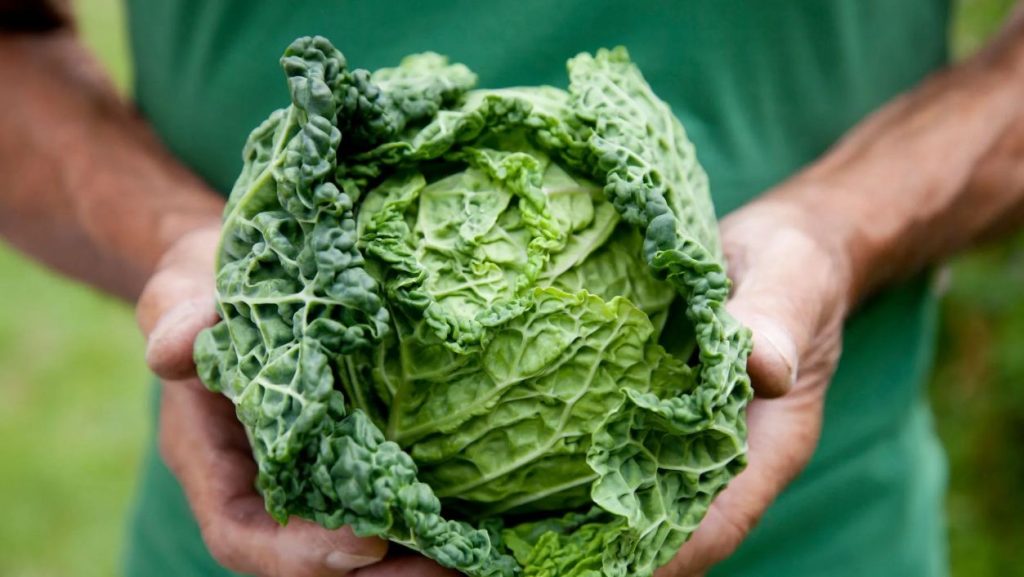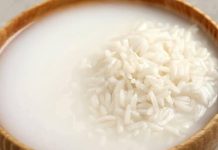Cabbage is widely recognized for its nutritional value, being rich in vitamins, minerals, and fiber. Many people enjoy it in salads, soups, and stir-fries due to its versatility and health benefits. It contains vitamin C, vitamin K, and antioxidants that support overall well-being. Despite these advantages, cabbage is not suitable for everyone. Certain individuals may experience negative effects if they consume it regularly or in large amounts.
Those with Thyroid Concerns
People with thyroid disorders should approach cabbage consumption with caution. Cabbage contains substances known as goitrogens, which can interfere with the thyroid gland’s ability to produce hormones efficiently. Individuals with hypothyroidism or other thyroid conditions may find that excessive cabbage intake exacerbates their symptoms, potentially leading to fatigue, weight gain, or other health complications. Cooking cabbage can reduce its goitrogenic effect, but moderation remains important.

Individuals with Digestive Sensitivities
Cabbage is high in fiber, which is generally beneficial for digestion, but for some, it can cause discomfort. Those with irritable bowel syndrome (IBS), bloating issues, or a sensitive stomach may experience gas, cramps, or diarrhea after eating cabbage. The sugars and fiber present in cabbage can be challenging to digest for people with these conditions, leading to gastrointestinal distress. It is often recommended that they monitor their portion sizes or choose alternative vegetables that are gentler on the digestive system.
People on Blood Thinners
Another group that should exercise caution when consuming cabbage includes individuals taking blood-thinning medications. Cabbage is rich in vitamin K, which plays a role in blood clotting. Sudden or excessive consumption of cabbage can interfere with the effectiveness of anticoagulant drugs, making it more difficult to maintain a stable balance. Consulting with a healthcare professional is advised to ensure that dietary intake does not conflict with medication requirements.
Those Prone to Kidney Stones
Cabbage also contains compounds such as oxalates, which can contribute to the formation of kidney stones in susceptible individuals. People with a history of kidney stones or high oxalate levels may need to limit their intake of cabbage to reduce the risk of recurrence. While cabbage is generally safe for the general population, those with kidney concerns should be aware of its potential impact and balance it with other low-oxalate foods.
Moderation is Key
For most people, cabbage is a nutritious and safe addition to the diet. However, the groups mentioned above should take extra care. Cooking methods, portion sizes, and frequency of consumption can all influence how the body responds to cabbage. By being mindful of individual health conditions, people can still enjoy cabbage’s benefits without experiencing adverse effects.

Conclusion
Cabbage remains a staple in many diets due to its health-promoting properties and versatility. Yet it is clear that not everyone can consume it freely. Individuals with thyroid issues, digestive sensitivities, those on blood thinners, or people prone to kidney stones should approach cabbage with caution. Awareness and moderation allow these individuals to avoid negative effects while still taking advantage of the nutritional benefits cabbage offers. In addition to moderation, individuals should consider consulting a healthcare professional or nutritionist for personalized advice. Incorporating a variety of vegetables alongside cabbage can provide balanced nutrition without overloading on any one compound. Awareness and careful planning help maximize benefits while minimizing potential health risks.

















